What You Need to Know About Crohn’s Disease
What is Crohn’s disease?
People with Crohn’s disease, which is an inflammatory condition impacting the gastrointestinal system, experience a range of gastrointestinal problems.
As it often is with Crohn’s disease, the intestine becomes less able to completely absorb and take in the nutrients from food. Such nutrients, along with unabsorbed bile salts, can escape into the big intestinal tract to differing degrees, depending on how extensively the small intestine has actually been hurt by inflammation.
This is one reason individuals with Crohn’s disease become malnourished, in addition to simply not having many cravings. Furthermore, incompletely absorbed foods that take a trip through the large intestine interfere with water preservation, even if the colon itself is not harmed.
Therefore, when Crohn’s disease impacts the small intestinal tract, it might cause diarrhea along with malnutrition. Should the large intestinal tract also be inflamed, diarrhea may become much more extreme.
Malnourishment
People with Crohn’s disease whose small intestinal tract is affected, are susceptible to ending up being malnourished due to loss of appetite, bad food digestion and malabsorption, and the fact that a persistent disease such as Crohn’s tends to increase the calorie requirements of the body due to the energy the body consumes during a flare-up.
Take in healthy proteins
Good nutrition is one of the methods the body restores and recovers itself. Every effort should be made to avoid ending up being malnourished. Protein is a key dietary element in the recovery process. Consume healthy proteins such as lean cuts of chicken and fish. A protein deficiency can lead tiredness, insulin resistance, and loss of muscle mass.
Iron shortage
The iron shortage is relatively common in people with ulcerative colitis and Crohn’s colitis and less typical in those with the small intestine disease. Try teaming iron-rich foods such as poultry, soy foods, and some fortified foods such as entire grain cereals with fruits and veggies that are abundant in vitamin C like potatoes, broccoli, cauliflower, Brussels sprouts, green and red bell peppers, and cabbage.
Malnourished
Individuals with Crohn’s illness whose little intestinal tract is affected, are prone to ending up being malnourished due to anorexia nervosa, bad digestion and malabsorption, and the fact that chronic disease such as Crohn’s tends to increase the caloric needs of the body due to the energy the body takes in during a flare-up.
Excellent nutrition
Good nutrition is one of the ways the body restores and heals itself. For that reason, every effort should be made to prevent ending up being malnourished.
Protein is a key dietary element in the recovery procedure. Take in healthy proteins such as lean cuts of chicken and fish. A protein deficiency can lead to fatigue, insulin resistance, and loss of muscle mass.
Low-fiber diet
Limit your consumption of specific high-fiber foods such as nuts, seeds, corn. High-fiber foods likewise provoke contractions once they enter the big intestine and can trigger cramping as an outcome.
They may likewise cause diarrhea, considering that they are not completely digested by the small intestinal tract. Often a low-fiber diet plan is necessary to lessen stomach discomfort and cramping signs.
Supplements
It might likewise be essential to supplement your diet plan with nutritional supplements to ensure your body is getting the proper quantity of minerals and vitamins required.
Herbs and Supplements to Treat Crohn’s Disease
- Boswellia serrata.
- Turmeric.
- Green Tea.
- N-Acetylglucosamine
- Vitamin D
- B12
Do probiotics assist with Crohn’s?
Probiotics are a combination of live beneficial bacteria and/or yeasts that naturally live in your body. Some individuals take probiotics to boost the digestive bacteria in their gut. Probiotics might help in reducing the signs of this condition.
Research suggests that people with Crohn’s illness have a modified “microbiome,” which indicates that the digestive bacteria in their gut are unbalanced.
Some specialists preserve that utilizing probiotics to bring back the microbiome can enable an individual with Crohn’s disease to decrease irregular immune reactions and experience fewer signs.
However, It is not likely that a single probiotic is ideal for all patients with Crohn’s disease. Saccharomyces boulardii is an appealing representative in the maintenance treatment of Crohn’s illness nevertheless, its results in ulcerative colitis remain unknown, being presently under investigation.
Modifications to your diet plan and lifestyle may just be the secret to assisting you to reduce inflammation, enhance your gut health, and control the symptoms.

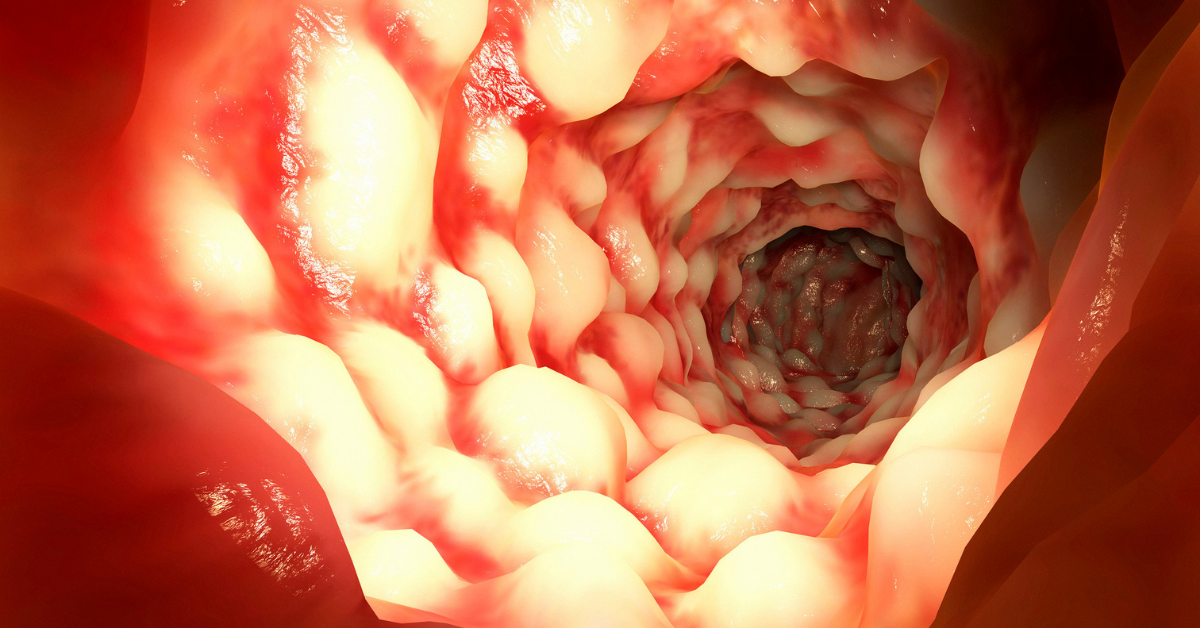
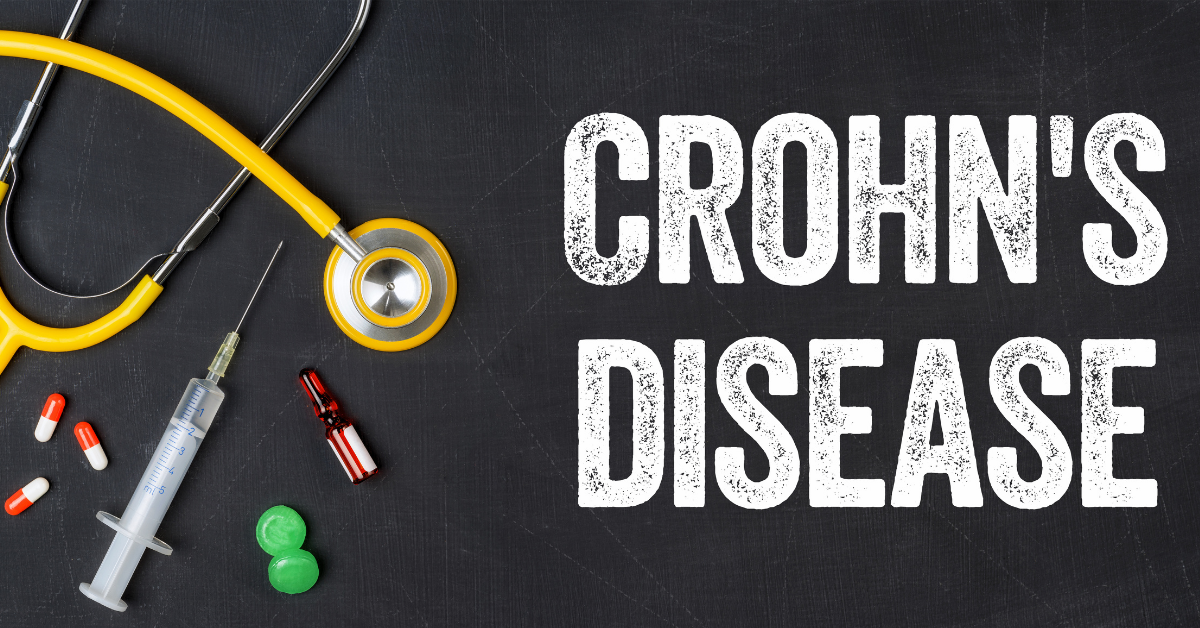

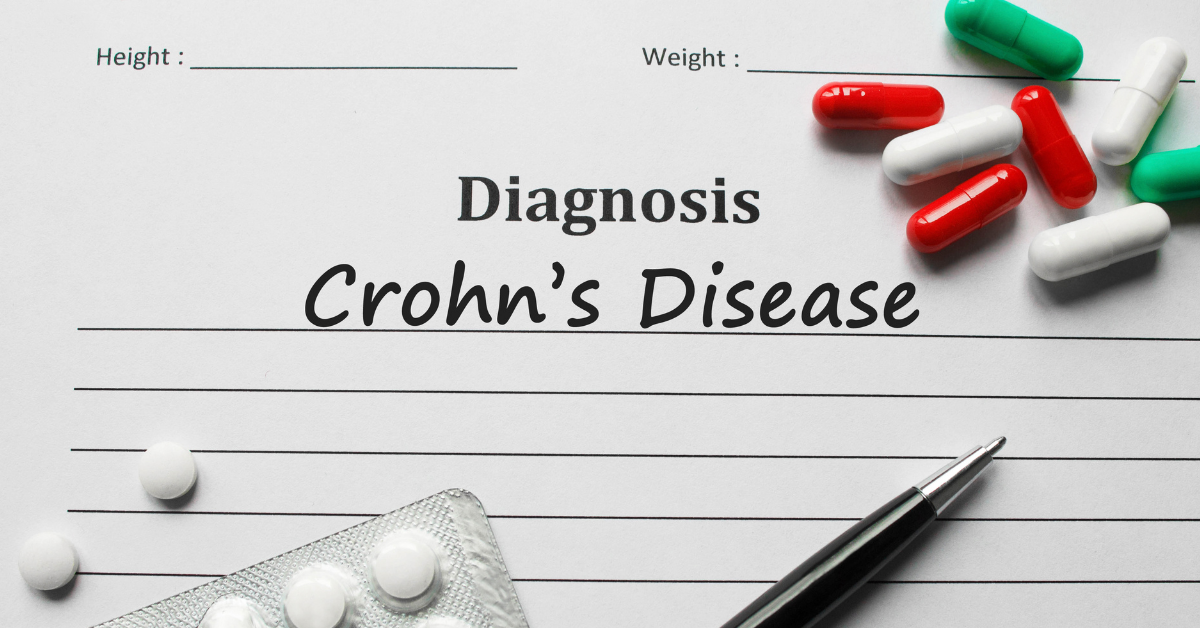


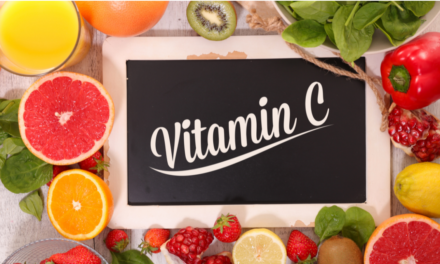

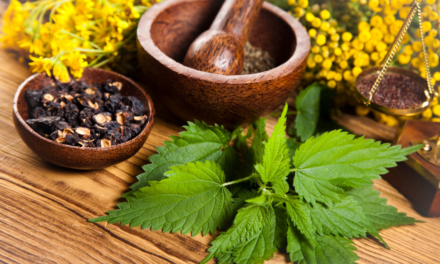

0 Comments
Trackbacks/Pingbacks